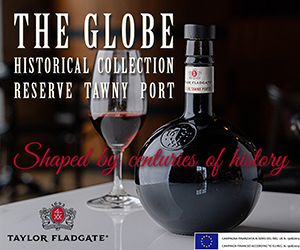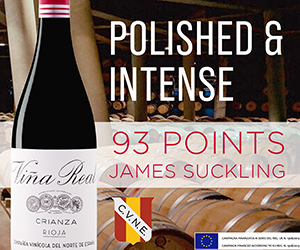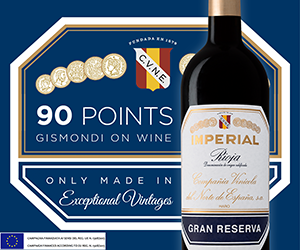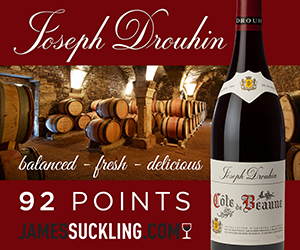It's been more than a year since Washington closed its state liquor stores.
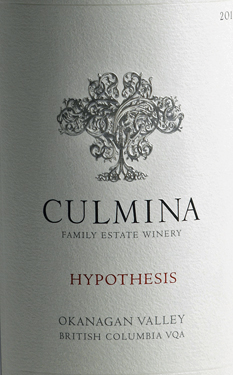
It's been more than a year since
Washington closed its state liquor stores. In a recent Seattle Times editorial
the paper suggested liquor privatization in Washington "is working as
advertised and the social disaster predicted by supporters of state stores has
not happened." British Columbians may want to note the resulting lack of
chaos in Washington communities as we once again prepare to modernize our
liquor laws. I say that because the "breakdown-ofsociety" card will
be played here, as it is every time anyone suggests a change to our liquor
regulations.
What has happened as a result of
Washington state getting out of the business of selling liquor is consumption
is up. Those opposed to privatization almost always predict spiralling
consumption, not to mention the end of the world, but in fact the Times
reported "In the 12 months that ended May 31, state-taxed sales of liquor,
including bars and restaurants, were up by less than 1.5 per cent."
In a little over a year prices have gone
up at retail, again marginally as in $23.87 per litre versus the previous
year's $21.07. The paper reported that the trade "paid an average $18.77
in May 2013, up from $18.09 a year earlier." The price jumps are likely
connected to tax collected which is up in favour of the state a whopping 9.7
per cent thanks to a built-in increase that was designed to insure the state
couldn't lose money, and it hasn't.
The Times also reports statewide the
number of alcohol-related collisions has declined. But thanks to tighter laws,
such as we now have in B.C., drinking-related collisions have been in decline
for four years. Also the compliance rate when it comes to checking under-age
customers (another red herring for opponents) was approximately 92 per cent,
compared with 94 per cent under the state store regime.
I mention all this because in the coming
months the same issues and more will be dragged into the planned review of
B.C.'s liquor laws. We need new thinking and the challenge will be to try to
keep it from devolving into a dog's breakfast of lobbyists, each hoping to
improve their sector at the expense of another.
We have a history of making bad one-off
regulations that lead to more and more, and before you know it we have the
current mess. The private wine store sector with its labyrinth of licences and
regulations, none of which make any sense to a normal retailer, is a prime
example of lobbying gone mad.
It began with an ill-conceived idea in
1986 to grant a small number of retail wine store licences to the private
sector to sell local wine and cider. No one considered the reach of NAFTA and
GATT and the local stores soon included American and European wine, and then
wines from the rest of the world. Today we have a mix of rules and licences
nobody likes and, given that the government still controls all liquor
purchases, there is no privacy for private wine stores. It is nuts.
To be clear: The sale of wine, beer and
spirits needs to be regulated. British Columbians have been amazingly
inventive, creating, producing, importing and selling alcohol under some of the
dumbest regulations on the planet. Imagine what could be achieved if we were to
clean the slate and create the smartest rules on the continent. It starts with
leaving the egos at the door.
Lingenfelder Riesling Bird Series 2012,
Pfalz, Germany
$19 | 88/100
UPC: 4017974070003
Fresh, floral, plum, nectarine skin aromas
jump from the glass. The attack is rich, if a touch soft in acidity with baked
apple, honey, citrus flavours and the usual earth and bitterness on the finish
to balance the sugar. We like it with Thai noodle rolls and spicy peanut sauce.
Good value.
Schloss Reinhartshausen Rheingau Riesling
Dry 2012, Rheingau, Germany
$18 | 89/100
UPC: 4005055016170
Lovely bright, floral attack with a
peachy/orange aroma, a delicate dry mid-palate, and a fine, tangy acidity. This
is a very attractive bottle for $18 that displays the both the richness and
finesse you can get from well-made German Riesling. Indian, Thai, Chinese,
poultry, seafood: it is all possible.
Ferrari-Carano Fume Blanc 2012, Sonoma
County, California, United States
$25 | 89/100
UPC: 742651123102
One of California's most consistent labels
continues its quiet evolution to be a leaner, fresher, more electric style
Sauvignon. Citrus flavoured fruit leads a creamy, round textured white with
flavours of lemon grass and ripe melon. Food friendly and perfect for a variety
of west coast cuisines.
La Casona de Castaño Old Vines Monastrell
2012, Yecla, Valencia and Murcia, Spain
$10 | 86/100
UPC: 8422443002519
Exuberant, floral, raspberry/plum fruit
nose with a touch of licorice root. The attack is fresh and juicy on the palate
with fine middleweight structure and black cherry, chocolate, pepper, mineral
flavours. Super value in a mid-week red for burgers, grilled lamb chops and
chicken.
La Vieille Ferme Côtes du Ventoux Rouge,
Rhone Valley, France
$13 | 87/100
UPC: 631470000018
It is scary what you can get from the Rhone
for less than $13 in British Columbia. Perrin offers up a peppery version of
its latest La Vieille Ferme with hints of ripe black cherries. The attack is
soft and round with black raspberry, pepper and licorice root flecked with
mineral, spice and orange peels. You can drink this now or hold it for a year
or two. The blend is mostly Grenache with small percentages of Syrah, mourvèdre
and cinsault. Super value.
Cono Sur Organic Pinot Noir 2012, Valle del
Colchagua, Chile
$15.50 | 85/100
UPC: 007804320227382
A little less ripeness and a bit more
tartness helps this edition of the Con Sur organic Pinot Noir work better with
food. The attack is spicy and dry with red fruit flavours, roasted tomato and
touch of compost. The texture is mouth filling, like Pinot Noir, with just a
hint of warmth (alcohol) in the finish. A steal for the price and a wine you
can match with lighter chicken or vegetable dishes. Good value.

 quicksearch
quicksearch


